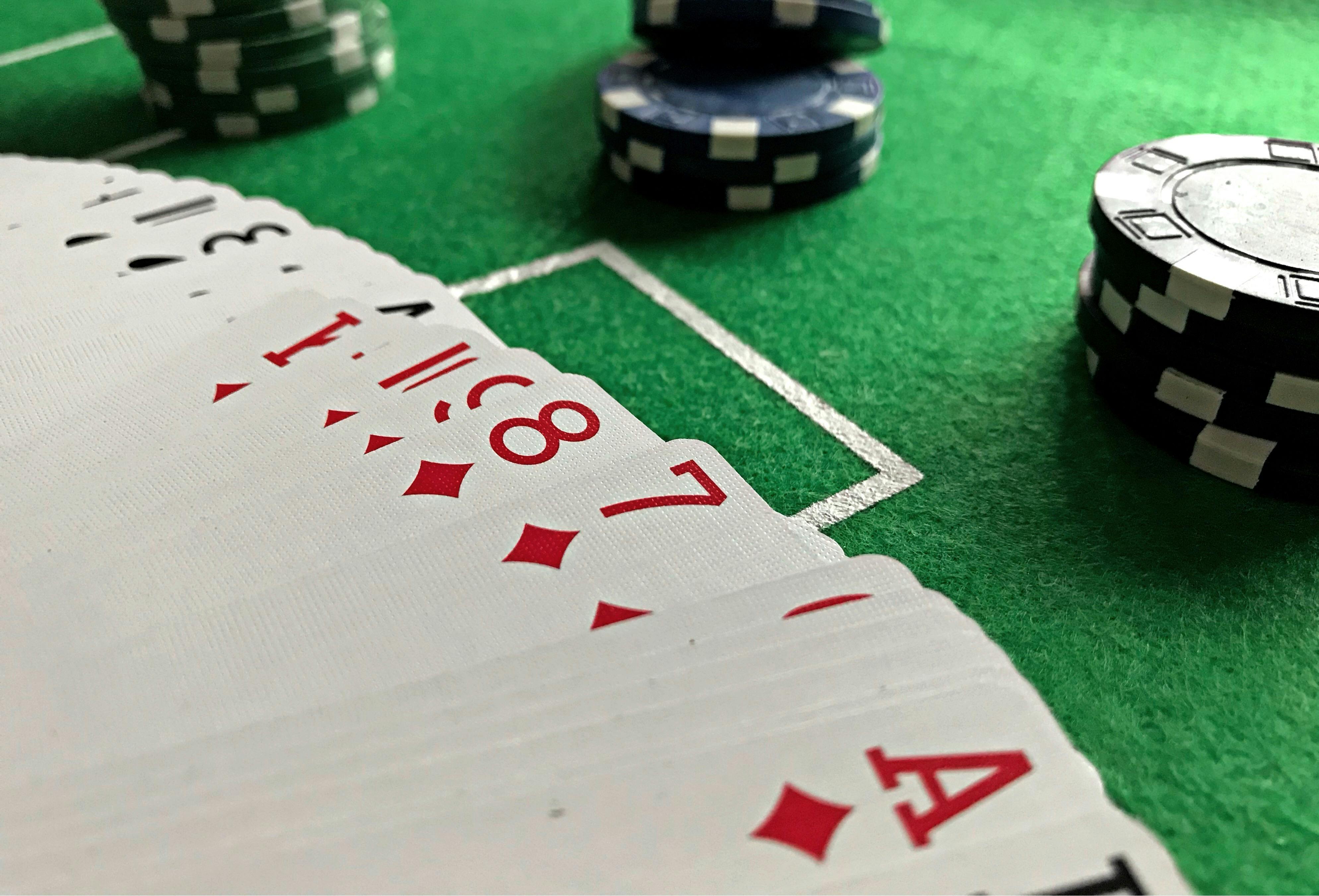
The Nines Deck and Scientific Reasoning
I wrote about the Nines Deck here as an example of multiple model comparison. Here I want to extend the example to explore more about scientific reasoning.
I ended my …
#math

I wrote about the Nines Deck here as an example of multiple model comparison. Here I want to extend the example to explore more about scientific reasoning.
I ended my …
#math
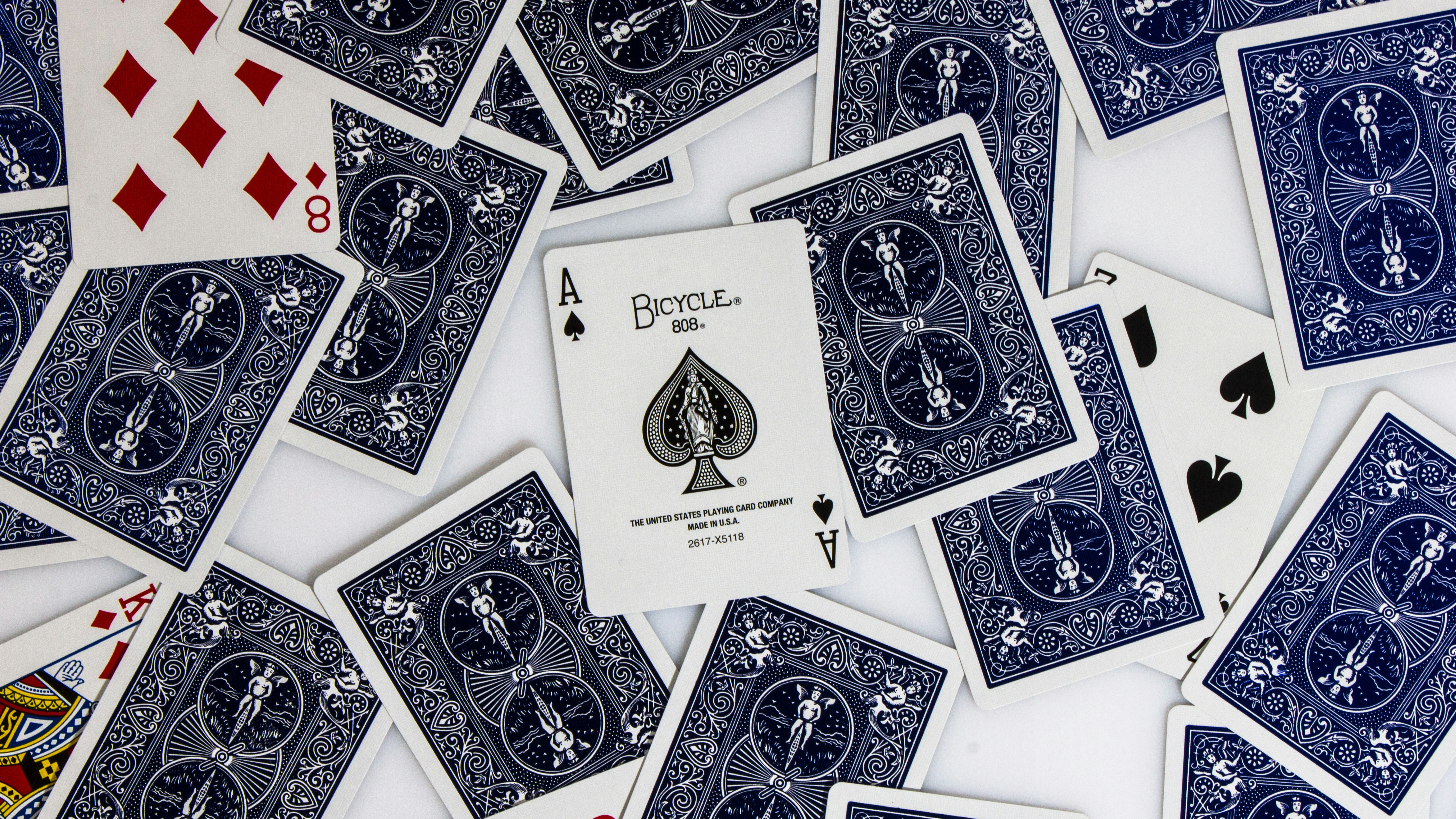
I realized that I don't have a blog post about my favorite simple probability example, the High-Low Deck Game. I've written about it in Statistical Inference for Everyone but I …
#math
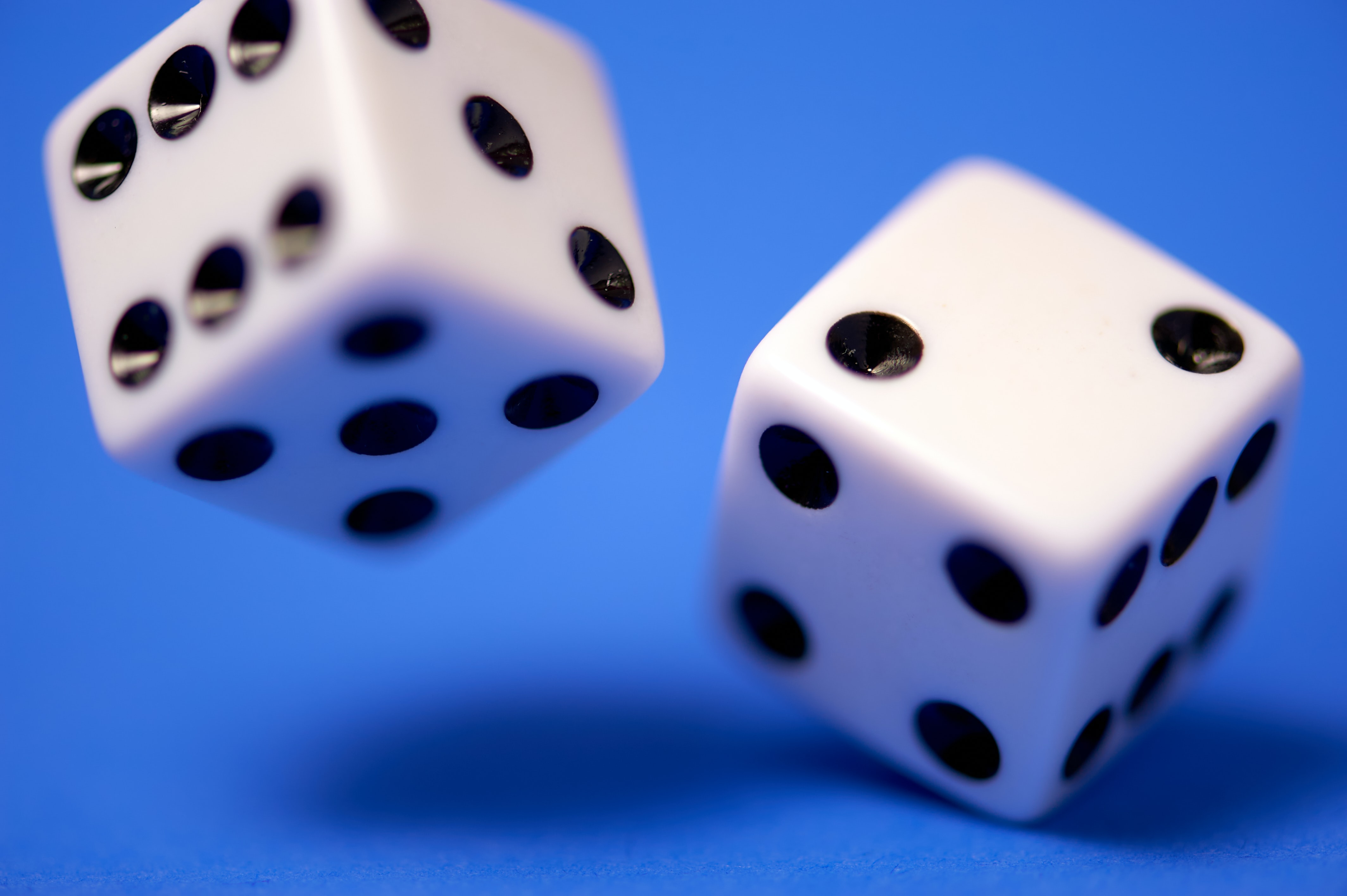
This is another in the series of "Statistics 101" examples solved with MCMC. Others in the series:
#math

This is another in the series of "Statistics 101" examples solved with MCMC. Others in the series:
In all of …
#math

This is another in the series of "Statistics 101" examples solved with MCMC. The previous in the series can be found here. In all of these posts I'm going to …
#math

I'd like to walk through some of the "Statistics 101" examples (e.g. estimating \(\mu\) with known \(\sigma\), estimating a proportion, etc...) for which we have simple analytical solutions, but …
#math

When I first learned probability, I thought it was all about math and counting. Then E. T. Jaynes showed me that probability forms the foundation of rationality itself. Remarkably very …
#math
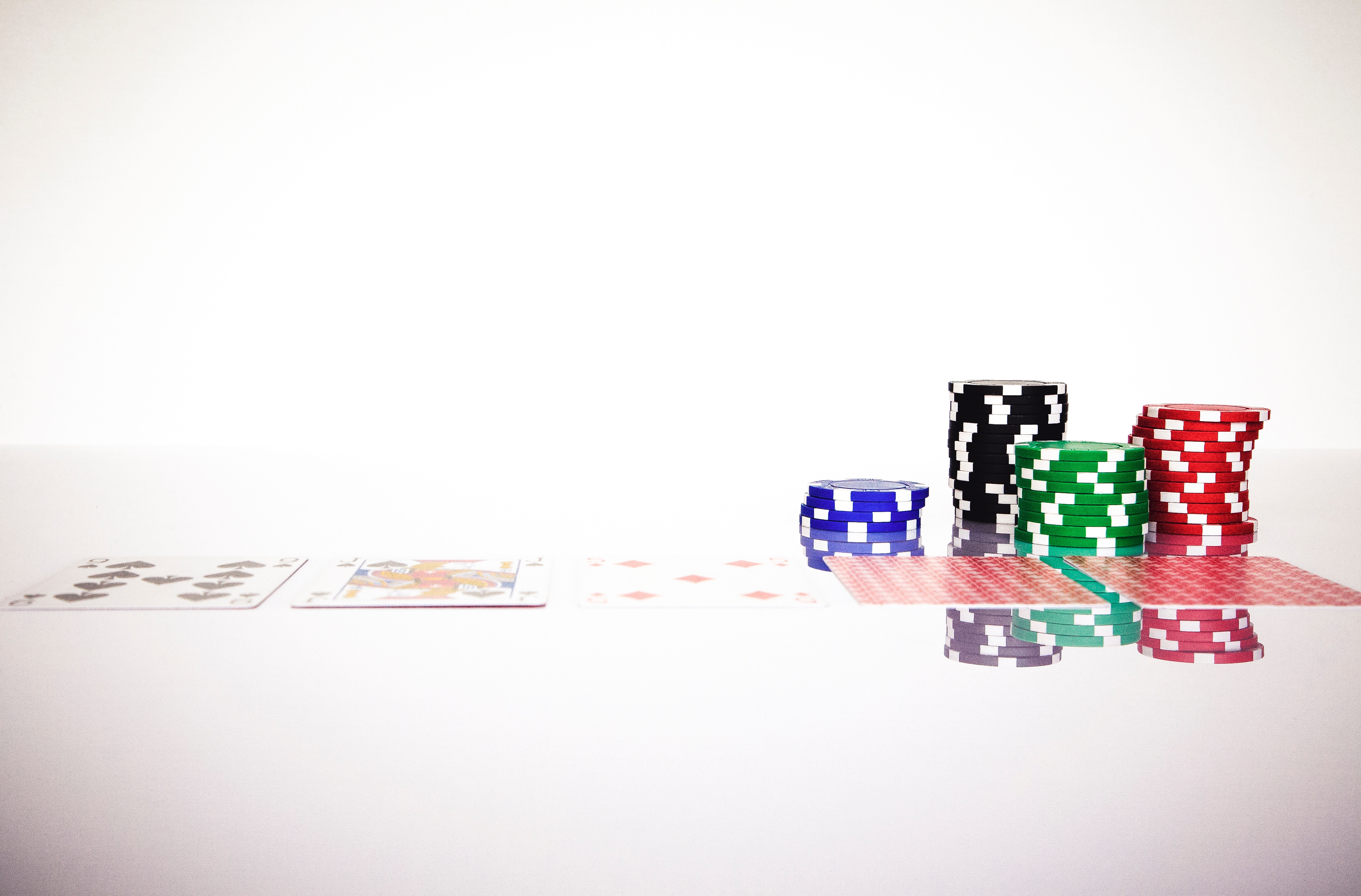
I was reminded of the Gambler's Fallacy in a recent post by Stephen Novella and thought of a twist on the fallacy that makes it a bit more subtle. The …
#math
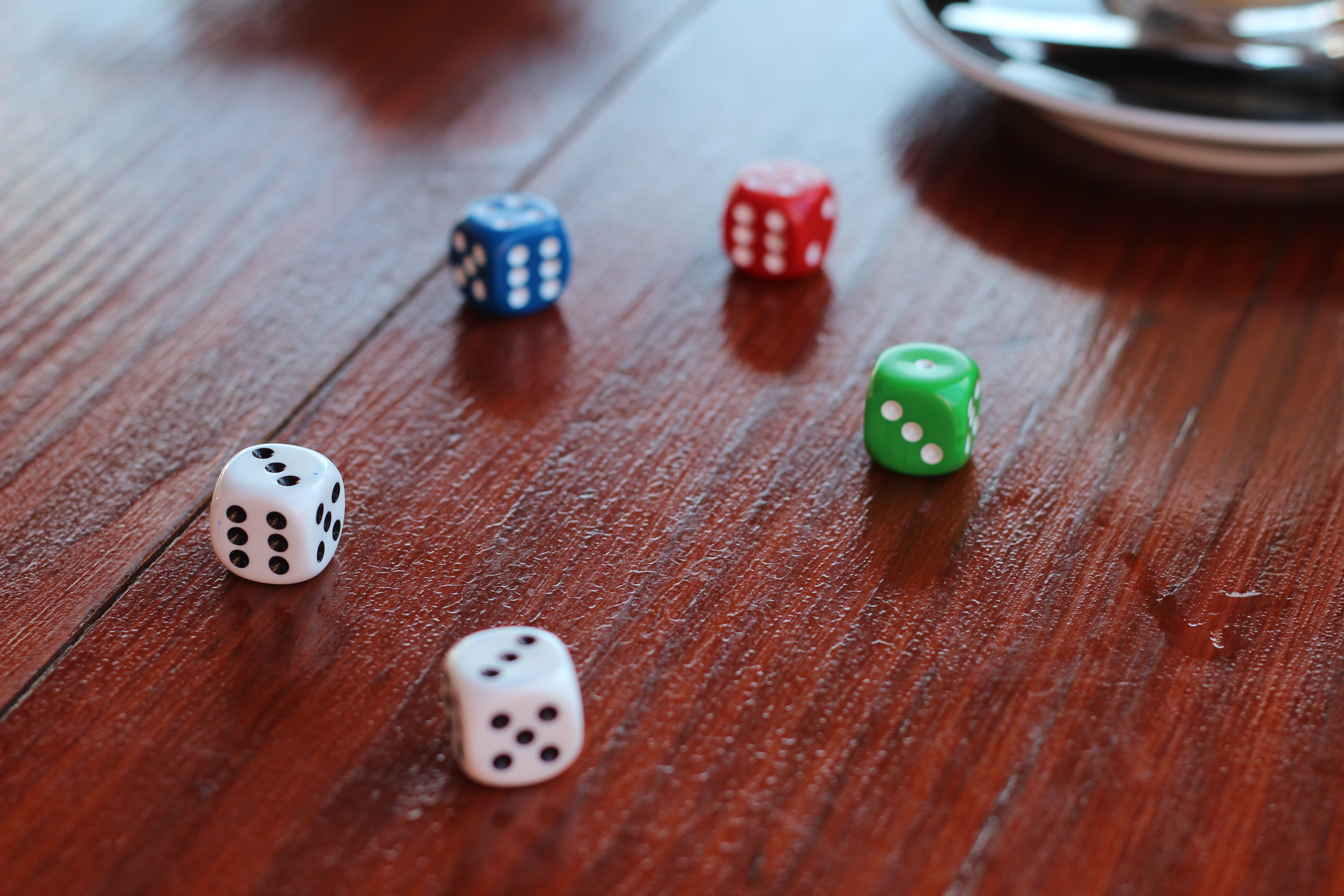
Here's a straightforward problem from Quora - probably found in a textbook - but I try to find a new direction to make it more interesting.
If there is a 25% chance …
#math
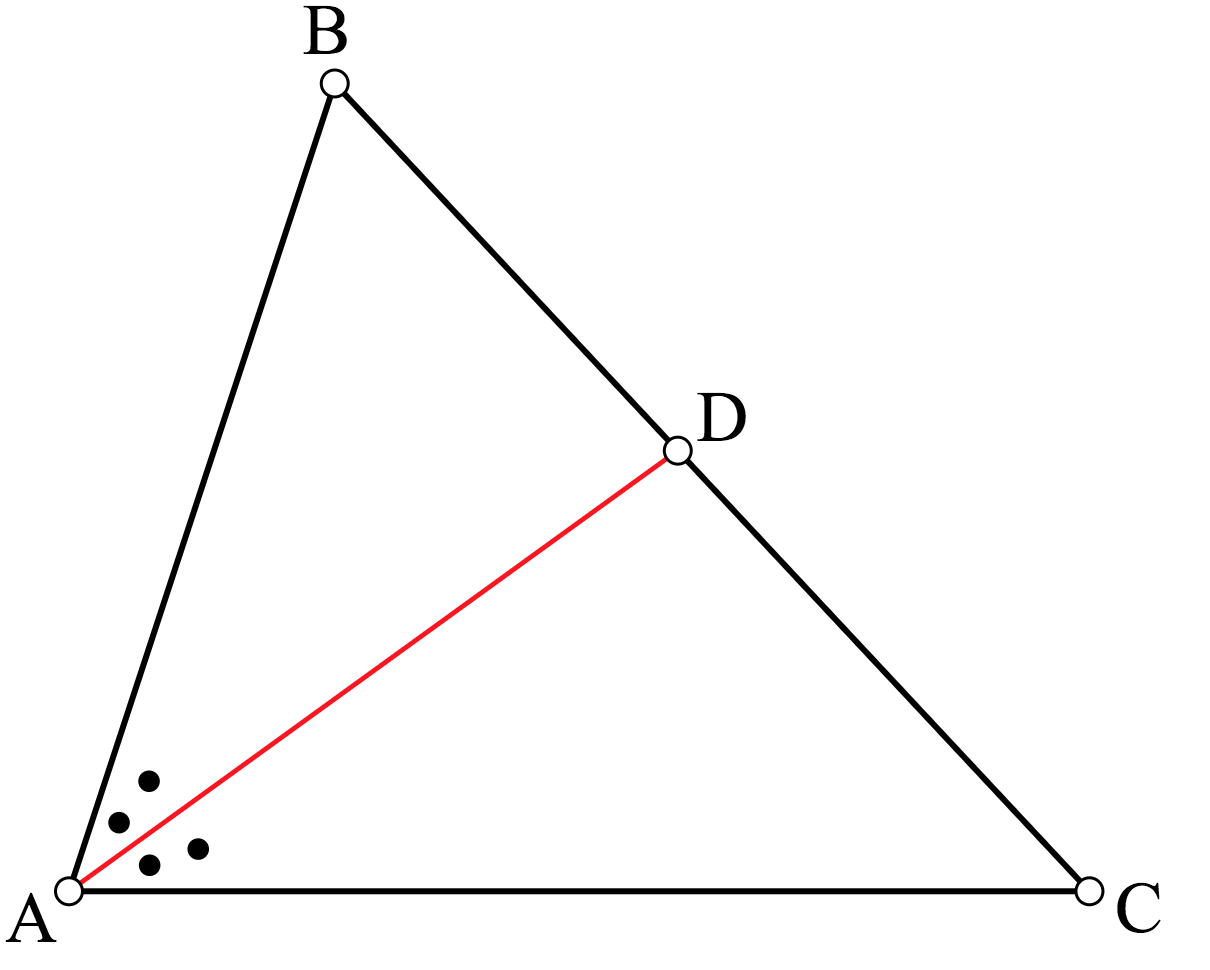
I was helping my daughter with geometry the other day and this cute theorem popped up in the examples. For some reason I don't recall ever seeing it before, and …
#math